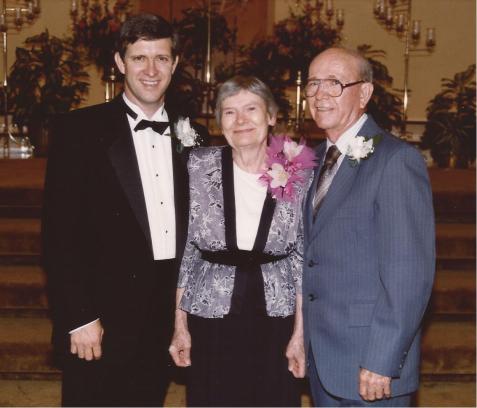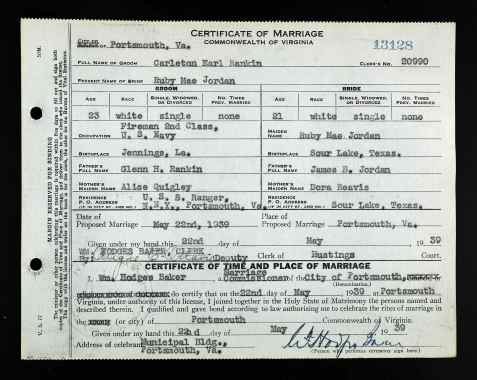Forty-two years ago I was entering my second summer at Southwestern Baptist Theological Seminary, and because the Student Handbook said that every student was required to have two children before they graduated (I may have made that last part up), we were counting down the days until our first born arrived. Lydia (my wife) had been dilated to 4 centimeters for three weeks and we desperately wanted to have that baby before Dr. Pillow went on vacation to Colorado. She took castor oil, she walked around the block countless times, we drove up and down Berry Street (it was brick) in front of the Travis Avenue Baptist Church; all, to no avail.
Finally, on July 2, 1978, (his due date) Lydia’s water broke. Since we were now veterans of 6 weeks of Lamaze classes we knew what to do. I dropped her off at the ER at Glenview Hospital in North Richland Hills about 4PM and did what I had been told, “Take your time. You will be there for a while. Park the car. Get some coffee. The nurse will come out and get you when it is time to put your ‘Birth Coach’ shirt on.” So I came strolling down the hall toward the labor rooms with my coffee, plopped down in an office chair, picked up a medical book and started leafing through it.
At this time, a nurse came running out with wild eyes and asked, “Are you Mr. Rankin?” I said calmly, “Yes.” She said, “You might need to get your greens on (scrubs). This baby is coming faster than we thought.” So I changed, went in to the labor room, which was a ward with sheets pulled between the beds, and lo, and behold, another lady from our child birth class was there. Claudia Mall had already been there for 15 hours. I had no sooner arrived, when they led us away to the delivery room with Claudia’s loud voice ringing in our ears, “You can’t do that. I was here first. I have been here since last night…”
After pushing for a while (Lydia was the one in charge of that), this stranger, who we had never seen before (he said that he was a doctor) said, “Maybe we should use the forceps.” Being the veteran of six weeks of Lamaze, and remembering the nurse had told us, “Don’t do the forceps unless you really need to,” I responded with, “Why don’t we just push a little longer?” I had never seen a woman’s head turn around so fast (except in “The Exorcist) and she looked at me with one of those, “Who do you think you are, Bucko?” looks, and I meekly responded, “Whatever she decides…”
In the next few moments, Joshua Byron Rankin arrived (he was a little cone head since he had been in the birth canal for three weeks), but we were just thrilled that he was finally there, and the rest is history. We are proud of all that he has accomplished in his 42 years. He, like a good Timex, has always been able to “take a lickin’ and keep on tickin’” and I pray that the Lord will continue to bless him in the years to come. I am proud that he is my son.












